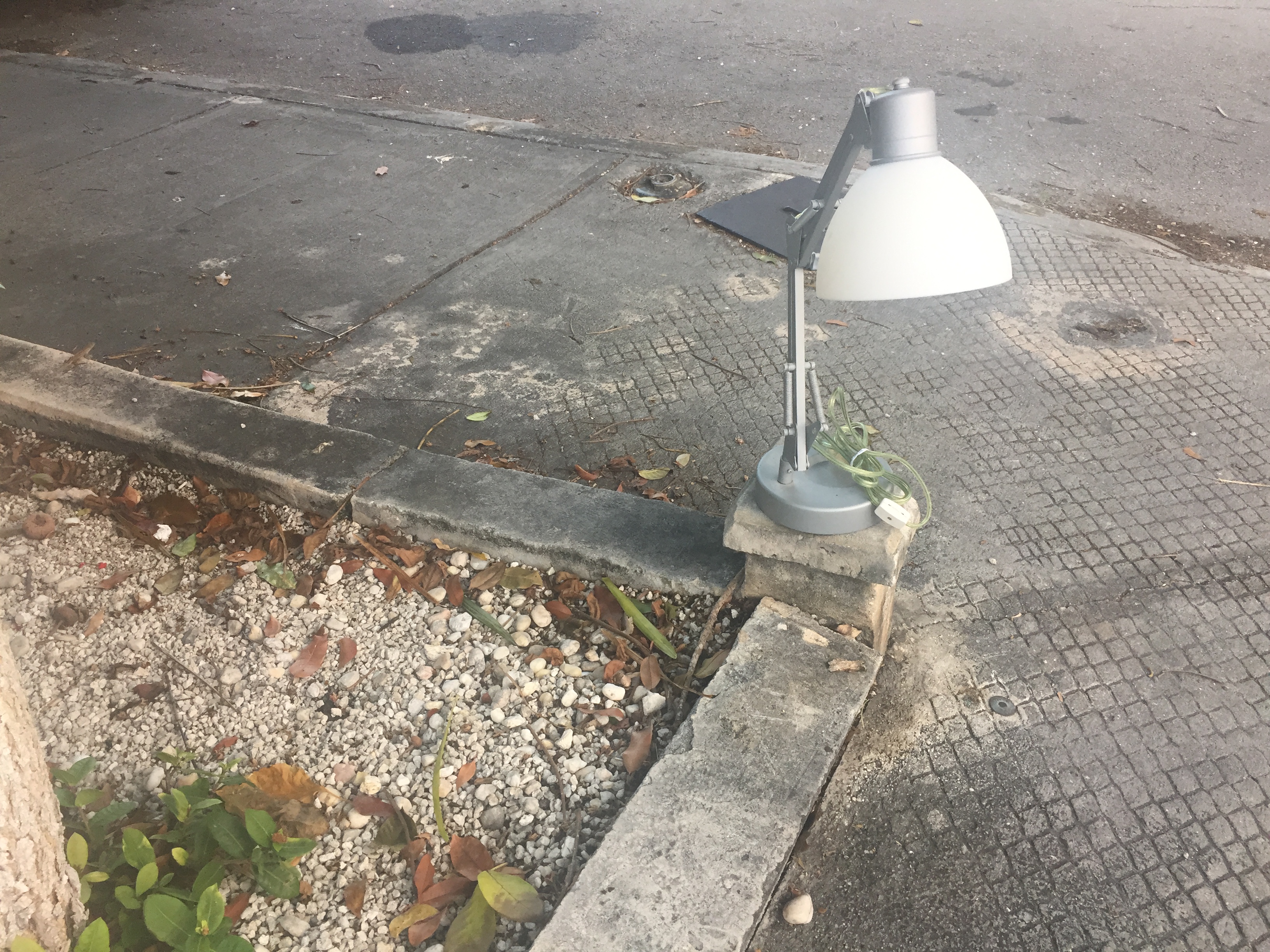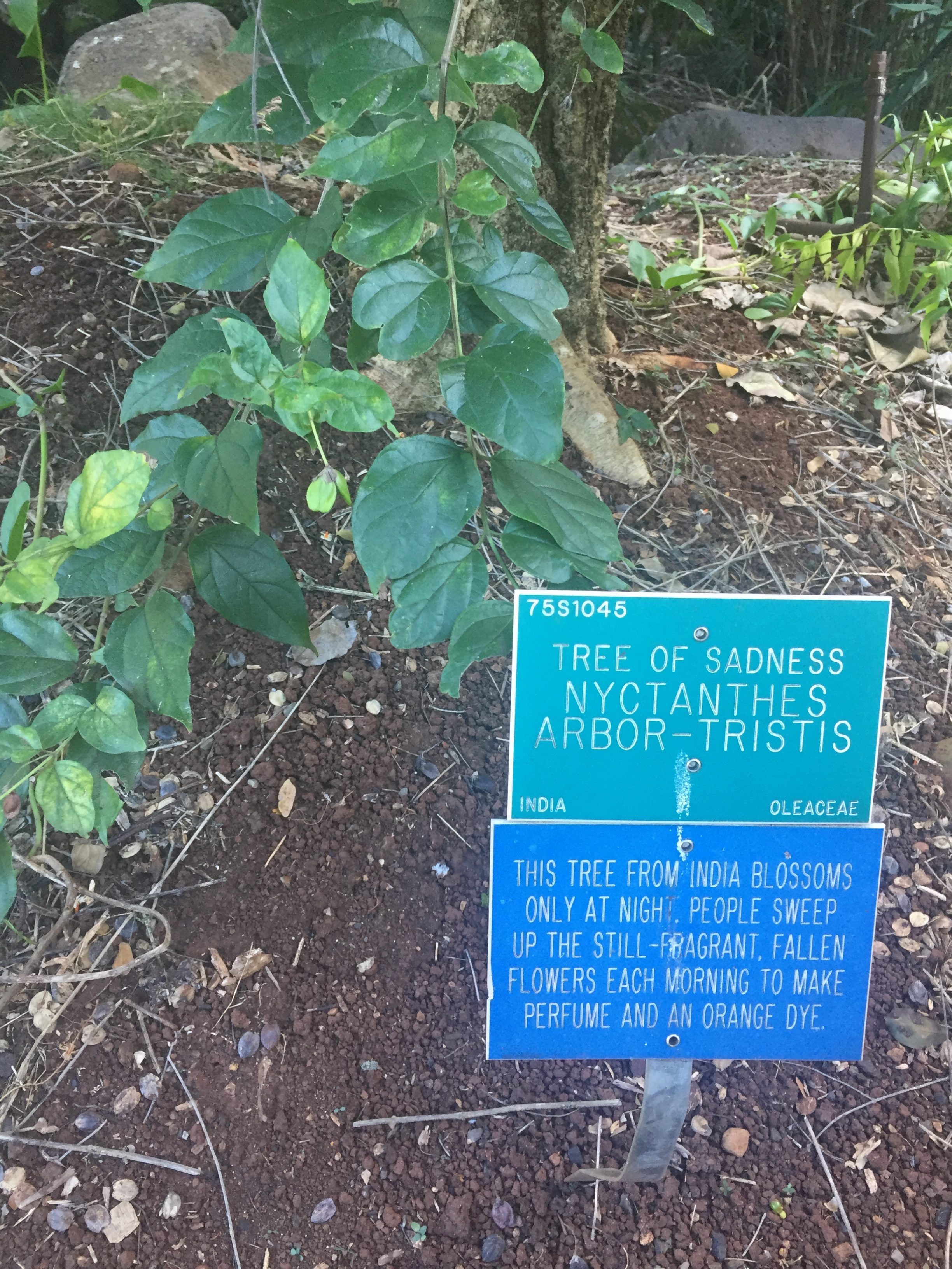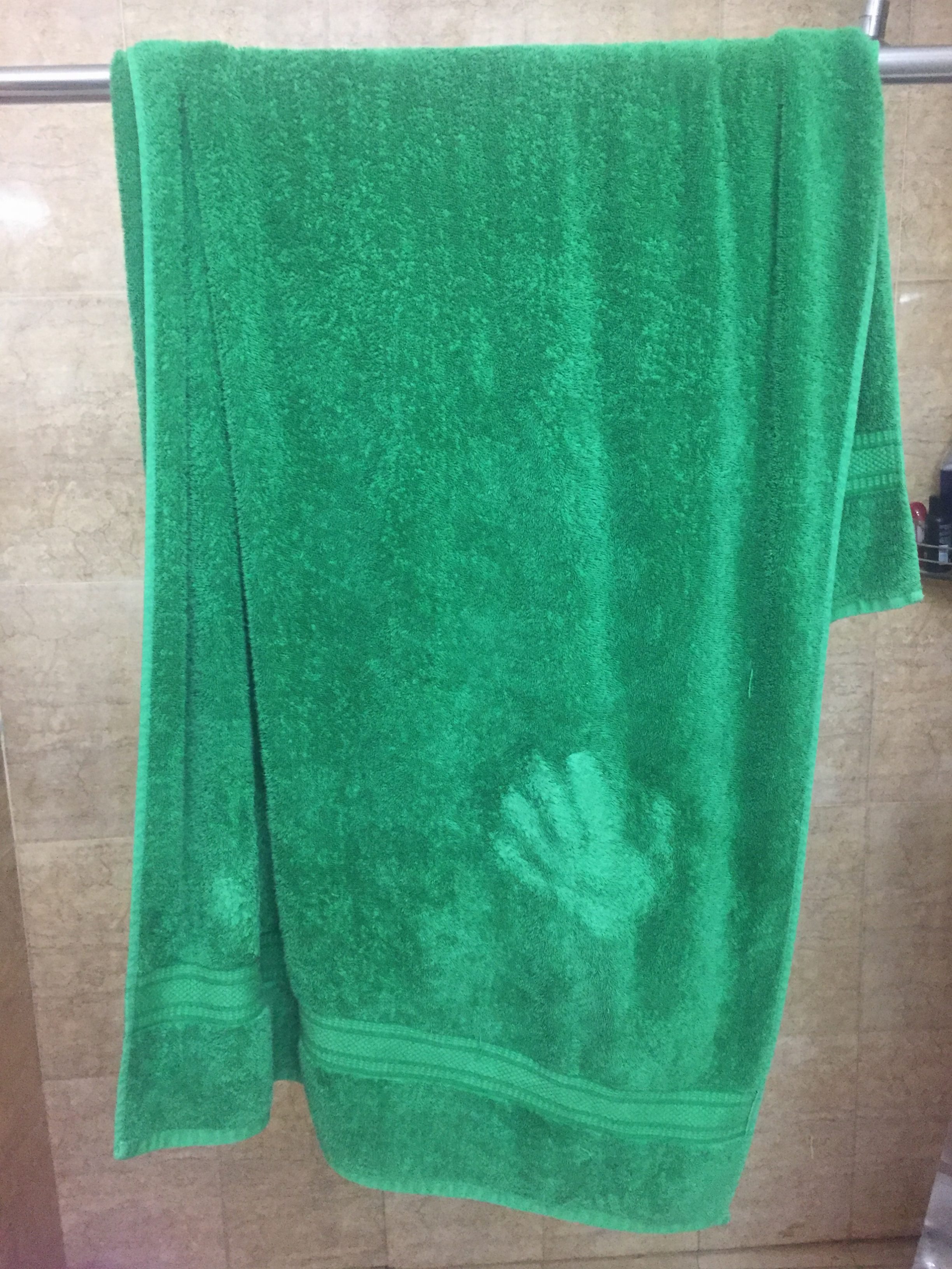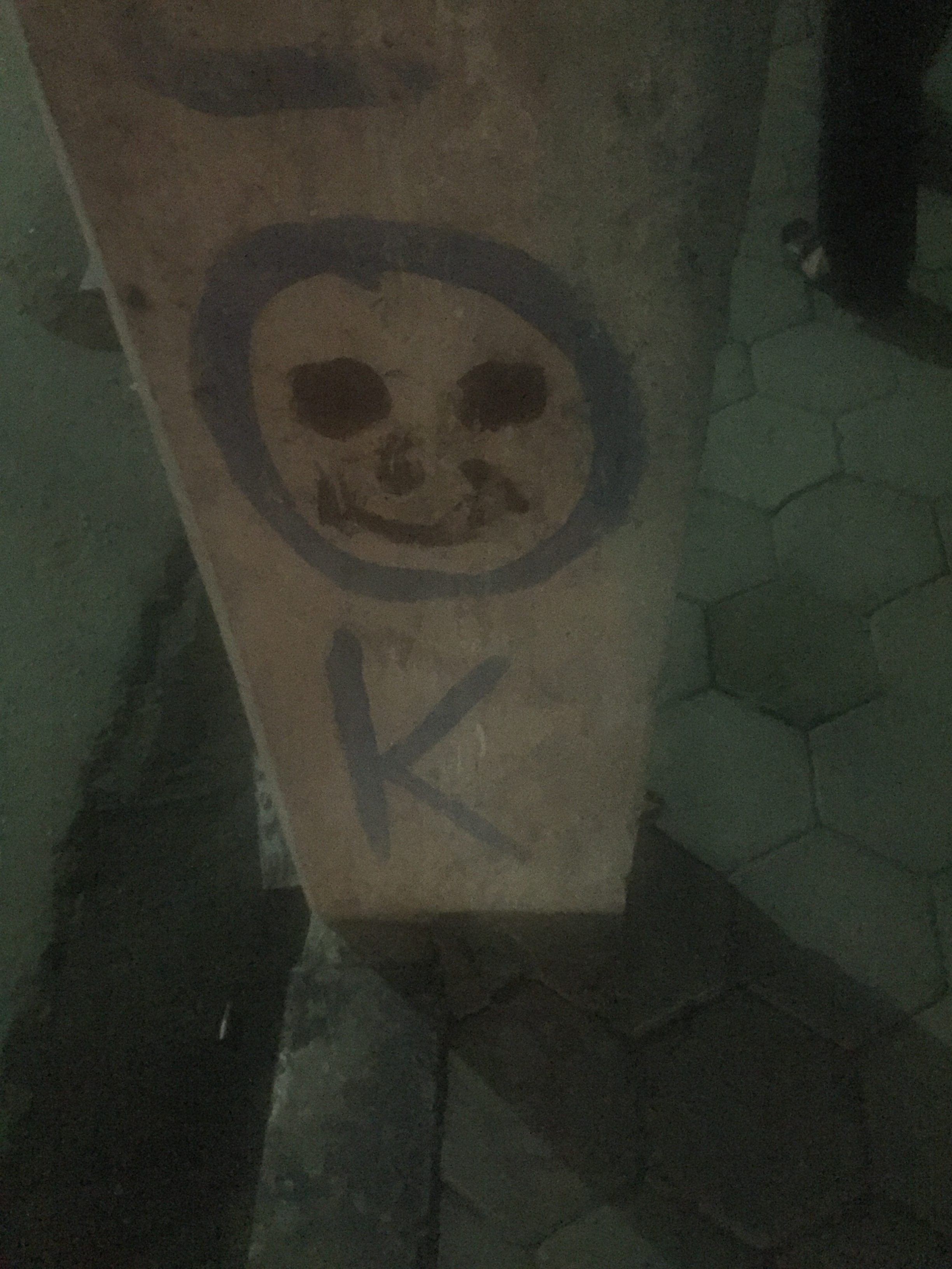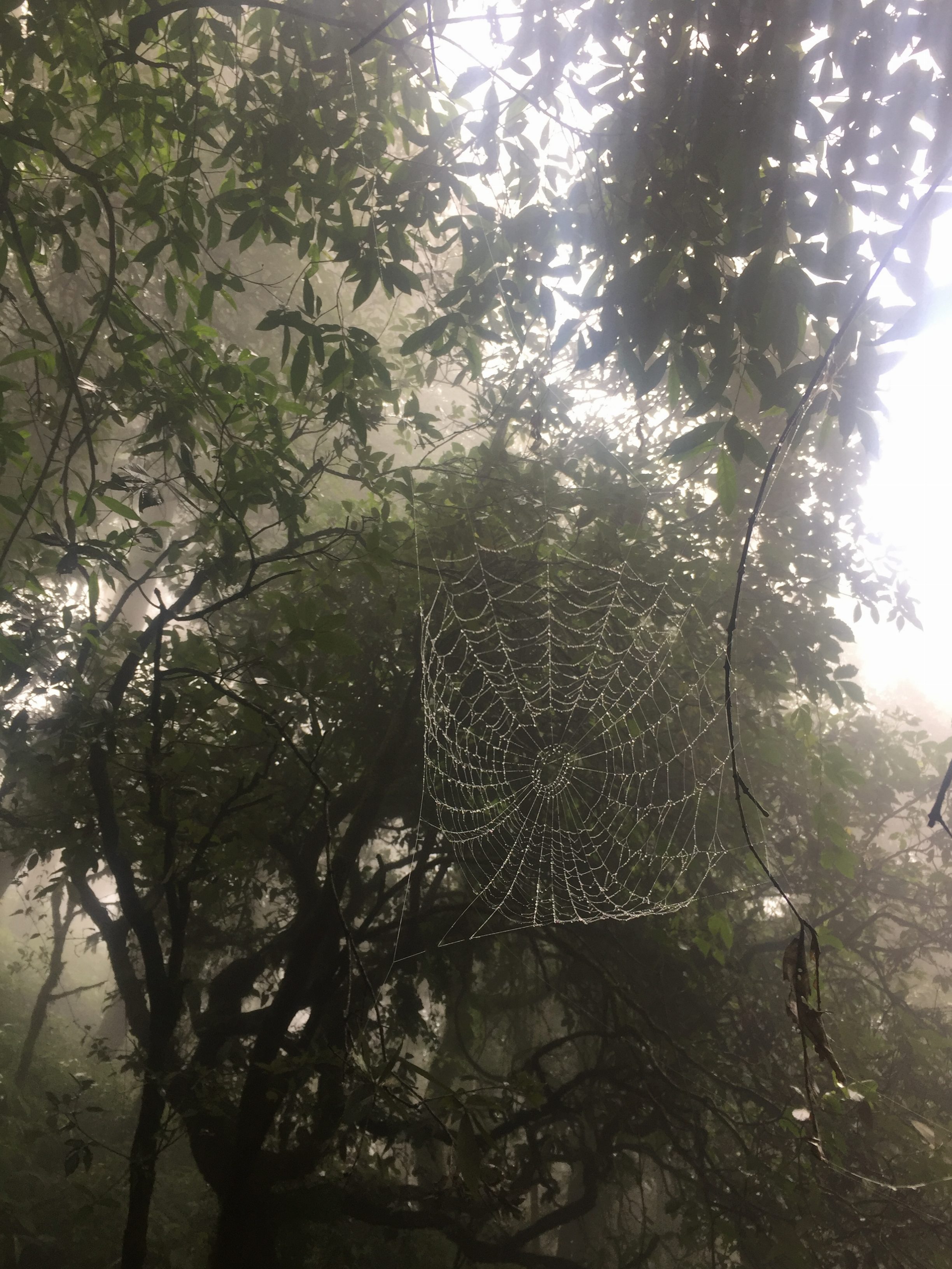Phantom Figuratives
The stranger’s truck is old and its cab is small, made smaller by garbage and stained fabric and wet places. The stranger drinks coffee from a plastic thermos that he carefully balances on a broken, fold-out cup holder. It explains a lot about the condition of the upholstery and illustrates a thing I had suspected about him- that he is no more enlightened than I am. A man that understands the meaning of the path would surely just fix…
To be honest, I don’t know if it means anything.
I watched the stranger argue with a cashier over that mug, insisting that he should be able to fill it for a 25-cent discount, that ‘Gas & Drive’ is one of many branches to recognize said discount. When I offered the stranger a quarter to end the dispute, he took it. The argument was not about the principle of the thing, as I had suspected. It was about the quarter.
The stranger may have no principles. He may have left the witch hunter to die if I had not insisted on dragging her to the lawn of the burning cottage. He may have pulled pennies from the bowl on the counter of the ‘Gas & Drive’ to make up the cost of his bitter, yellowish coffee. He may not be enlightened at all or these features may simply persist with enlightenment. It would be dangerous to conflate moving ahead with betterment, to assume knowledge is preferable to ignorance.
For example:
When I was young, my brothers and I realized there was a great, concrete manhole in our backyard. It had always been there, at the edge of our property where the forest bunched up against the delineating fence, but we lived for years before taking any sort of notice. We had not yet entered the middling age, when dreams become relegated to the nighttime, so we dreamt for a full 48 hours of what might lie beneath the mundane grass of our yard before our parents had left on some short errand. We knew, instinctively, that they would not approve of our journey into the earth.
Our combined strength was not enough to lift the great cement plug so we improvised a lever from a fallen branch and see-sawed the skinny weight of three boys with the secret door. It lifted and fell back into place several times before a lucky shift left it ajar- a 6-inch view of the darkness beyond. We summoned our courage and turned a flashlight on the mystery.
Shit.
A 3-foot drop into a lake of our own shit. We had discovered the septic tank.
Could it be that I ignored the lesson of that afternoon? Will it be a lake of shit, on a grander scale, that greets me at the end of this path? Perhaps, facing something like that, one comes to understand the value of a quarter and the relative cheapness of human life.
‘A Guide to America’s Shitholes:’ the book I would write if I had it in me to write a book. A series of disappointing investigations stemming from the first, the literal, hole of shit.
‘Young Americans go abroad to discover themselves and pull over the car to discover each other, adding lover’s lanes to the folk infrastructure of our nation. They are skittish locales, disappearing even as the sticky label of ‘lover’s lane’ is applied. These dark strips of road are at their peak when they are just a place, a place where people go to… you know… do… things. How often a well-meaning initiate-’
“How many times are you going to read that?” the stranger grumbles, “You don’t think I know how to find a place? Didn’t I find you?”
“You didn’t use the book to find me,” I tell him, “What do you care that I read it a few times?”
He breathes slowly, exhaling from his nose. He leans over to the windshield and breathes on that- wet huffs that blossom on the glass and fade.
He leans back and takes his coffee again: “I don’t know how much longer I want to wait.”
“The author says these places are fleeting.”
“All the more reason to call it a night.”
But:
‘The intimate darkness of ‘44th between Alder and Oak’ is unusually long-lived, a stain that refuses to come out in the wash. It is said, in a truth disguised as a joke, that couples parked here will be visited by a thing, by a judge, that reveals the lovers’ potential with a handprint on the windshield, raised fingers counting toward a positive outlook. What’s to keep a crafty partner from planting a handprint while their beau is indisposed? The legend is very clear about this point: the true judge on ‘44th between Adler and Oak’ will only ever mark the outside of the glass.’
“This is the most childish thing…” he says, shaking his head, “When I was in middle school we would twist the stems of apples and chant the alphabet until it broke off. I always made sure to take it easy on mine until ‘L’ came around.”
“And?”
“Luke never came around like ‘L’ did.” The stranger coughs- a persistent, rumbling cough neither of us have spoken about, “What did they do at your richy-rich school?”
“We-” something clicks on the back window and I squint into the darkness there, finding nothing, “We would just talk to each other, man. We would just talk to each other and fuck.”
“In middle school?”
“High school, then. We talked to each other. No need for magic apples.”
The stranger shifts and stretches: “Maybe it’s just nobody was twisting their apples with an eye for you.”
“Maybe.”
“Let’s go,” he says, “Cops think it’s all good and fine when it’s teens hanging out in these places but two adult men…”
“You don’t think there’s anything here?”
“I think if there’s anything here, it’s chill enough to leave be,” the stranger pulls a cheap pair of binoculars to his face and laughs, “Ah, look at this.”
He points out his window at a car parked down the block and, leaning over the stranger’s legs, I see that the windows there have fogged over. A hoodied figure has peeled away from the darkness of a tree and carefully approaches the car.
“Mystery solved,” the stranger says, taking the binoculars back as the kid presses his hand to the glass, “Looks like every town’s got their magic-”
Something slaps our windshield suddenly and the glass shatters into webs. The stranger is out of the truck immediately, yelling at a thing that is already gone, waving a pistol I did not know he had. In my stupor, I see the fading imprint of a palm and a single, raised finger: the pointer.
A rating of one, a gesture for silence, or for warning.
The stranger is, undoubtedly, more trouble than he is worth. I pocket a quarter from the dash and determine to part ways with him at the next obvious juncture.
-traveler

